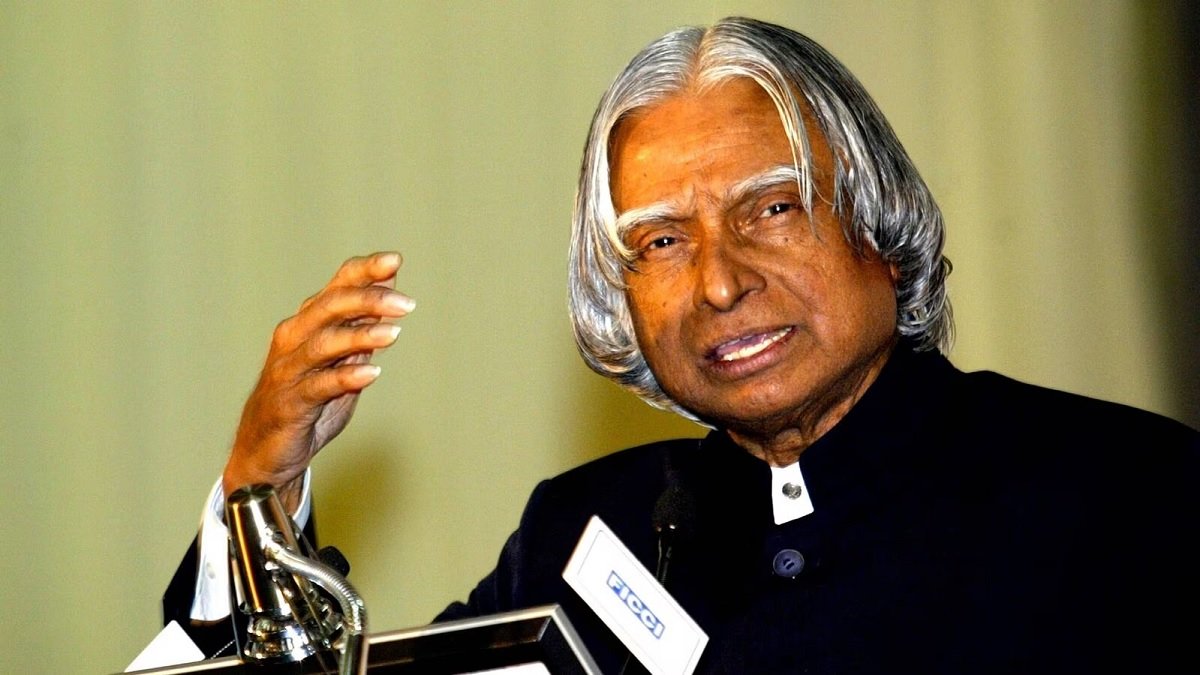Abdul-Bahá’s ascension represents a pivotal moment within the Bahá’í Faith, marking not only his physical departure from this world but also the profound spiritual implications that it conveys regarding unity, purpose, and the Holy Land. The legacy of Abdul-Bahá, the son of Bahá’u’lláh, the founder of the Bahá’í Faith, extends beyond mere chronological history; it encapsulates the essence of Bahá’í teachings concerning unity, peace, and the establishment of justice in the world.
To comprehend the significance of Abdul-Bahá’s ascension, one must first examine the conceptual framework of Bahá’í teachings. At the core of the Bahá’í Faith lies the principle of unity, not merely as an idealistic aspiration but as a fundamental tenet of human existence. This unity is multifaceted, promoting harmony among individuals, groups, and nations. Abdul-Bahá often emphasized that true unity cannot be realized unless the distinctions founded on race, nationality, and creed are transcended.
Abdul-Bahá’s life was emblematic of this pursuit of unity. His travels to the West, particularly to Europe and North America, were not just journeys across geographical boundaries but were fundamental to propagating the Bahá’í teachings. Through his lectures and writings, he elucidated the necessity of a global society built upon the principles of love and fellowship. His remarkable capacity to engage with diverse audiences underscored his dedication to fostering a collective understanding among different cultures.
The notion of universal education is another critical facet of Abdul-Bahá’s teachings. He posited that education serves as an indispensable catalyst for unity and progress. By advocating for the empowerment of both genders through education, he paved the way for a more equitable society. This emphasis on education resonates profoundly in contemporary discussions regarding social justice and universal rights, reiterating that the advancement of society hinges upon the enlightenment of its individuals.
Abdul-Bahá’s ascension can be viewed symbolically as the culmination of his life’s work. Following his death in 1921, he was interred in the Bahá’í World Centre in Haifa, which is situated in the Holy Land. This geographical significance cannot be overstated; the Holy Land is revered not only as a physical location but as a spiritual epicenter for Bahá’ís globally. The establishment of the Bahá’í administrative and spiritual institutions in this region reflects Abdul-Bahá’s vision of a unified world under divine guidance.
Unity in the Holy Land is further exemplified through the architectural splendor of the Bahá’í gardens and the Shrine of the Báb. These sites are emblematic not only of spiritual significance but also of the material manifestation of the Bahá’í vision for harmony and beauty. Visitors from all over the globe converge upon these sacred spaces, driven by a shared aspiration for peace and reverence for the principles promulgated by Abdul-Bahá.
The teachings of Abdul-Bahá transcend cultural boundaries and provide a blueprint for addressing contemporary global challenges. His exhortations for justice, equity, and the eradication of prejudice resonate with current movements aiming at social reform. By advocating for spiritual and material advancement simultaneously, he elucidated a holistic approach to personal and societal development. The recognition that material prosperity must be accompanied by spiritual wealth is critical in navigating today’s complex socio-political landscape.
Moreover, the significance of community as envisioned by Abdul-Bahá cannot be overlooked. He championed the idea of a global community, underscoring the premise that individual efforts toward unity must coalesce into collective action. His emphasis on the importance of forming strong, supportive communities lays the foundation for sustainable social progress. In an age characterized by fragmentation and isolation, the Bahá’í principles of collective responsibility and interdependence serve as vital counterpoints.
In reflecting on the implications of Abdul-Bahá’s teachings, one perceives a profound interconnection between the spiritual and material realms. He urged humanity to seek not only individual enlightenment but also to undertake collective efforts towards global betterment. Through his life, teachings, and ultimately, his ascension, Abdul-Bahá provides a distinctive model for addressing the complexities of human interaction in an increasingly interconnected world.
As a permanent beacon of hope and guidance, Abdul-Bahá continues to inspire humanity to strive for a future characterized by genuine unity, understanding, and peace. His legacy is not confined to historical narratives; it represents a living affirmation of the potential for transformative change. Engaging with his teachings invites individuals to reflect upon their own roles in creating harmonious societies. It challenges people to rise above sectarian divisions, fostering an unwavering commitment to the principles of justice, equality, and unity that remained at the heart of his message.
In conclusion, the ascension of Abdul-Bahá signifies more than merely the final chapter of his earthly existence. It heralds the enduring promise of his teachings and the profound influences these will continue to wield in guiding humanity toward a harmonious future. As followers wrestle with the intricacies of contemporary dilemmas, they are reminded of Abdul-Bahá’s call to transcend individualism and embrace the collective spirit that defines the Bahá’í Faith. The Holy Land, as the geographical and spiritual locus of his mission, serves as an abiding testament to the power of unity and the potential inherent in humanity. In essence, Abdul-Bahá’s legacy is a clarion call to a shared destiny of peace, love, and intricate unity.
